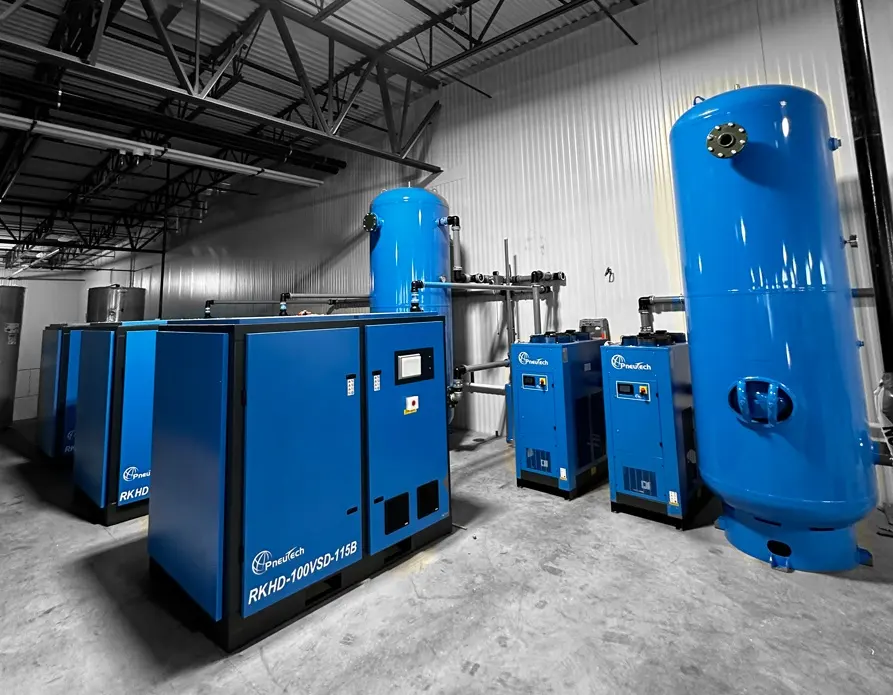High-performance mineral processing equipment designed for tough conditions is revolutionizing the mining and resource recovery industries by offering unmatched durability, reliability, and efficiency. These advanced machines are purpose-built to endure the most challenging environments, from high-moisture ore bodies to abrasive and heavy materials, making them the ideal choice for continuous and demanding operations. Equipped with the latest technology, they ensure optimal performance, minimize downtime, and contribute to maximizing resource recovery while maintaining low operating costs. One of the key advantages of this equipment is its ability to operate consistently under extreme stress and harsh weather conditions. Whether in remote desert sites, mountainous regions, or deep underground operations, these robust machines maintain peak performance with minimal maintenance. The use of wear-resistant materials, corrosion-proof components, and intelligent system designs contributes to their long service life and resilience. This not only reduces the frequency of equipment replacement but also improves operational safety and stability, making them a dependable asset in every mining setup.
Efficiency is another critical factor that sets high-performance mineral processing equipment apart. Featuring precision-engineered mechanisms, automated control systems, and energy-efficient motors, this equipment optimizes every stage of mineral processing equipment from crushing and grinding to screening, separating, and dewatering. As a result, operators can achieve higher throughput, finer output quality, and improved product consistency. Advanced digital monitoring tools also allow for real-time performance tracking and predictive maintenance, helping businesses proactively address potential issues and maintain continuous workflow without costly interruptions. Furthermore, this equipment is adaptable and scalable to meet the needs of various mining applications, including gold, copper, iron ore, rare earth elements, and more. Whether used in small-scale operations or large industrial mining facilities, high-performance mineral processing machines are designed to integrate seamlessly into existing systems or be customized for specific processing requirements. This versatility not only enhances processing flexibility but also allows for better resource management and environmental stewardship.
Sustainability is also a core focus of modern mineral processing equipment. Many machines now incorporate features that reduce water consumption, limit energy usage, and minimize environmental impact. Advanced dust control systems, efficient waste handling units, and eco-friendly designs align with global sustainability goals and ensure compliance with environmental regulations. This commitment to responsible mining not only benefits the environment but also enhances a company’s reputation and long-term viability. In conclusion, JXSC high-performance mineral processing equipment designed for tough conditions represents a smart and strategic investment for mining operations focused on productivity, resilience, and sustainability. With cutting-edge technology, exceptional durability, and superior efficiency, these machines support the future of mining by delivering consistent results even in the harshest settings. Their ability to withstand extreme challenges while optimizing mineral recovery makes them a cornerstone of modern, profitable, and responsible resource processing.






